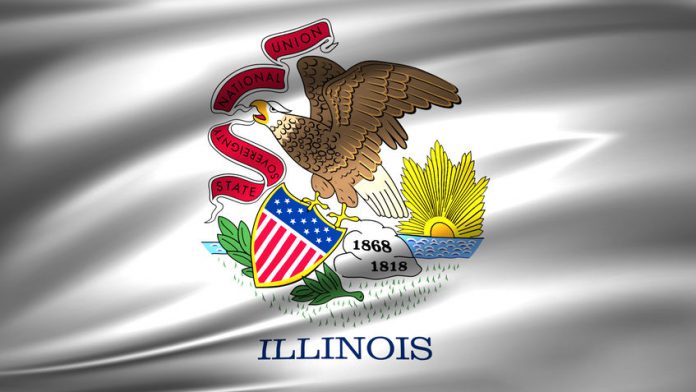A study undertaken by the Illinois Economic Policy Institute, and the Project for Middle Class Renewal at the University of Illinois at Urbana-Champaign, has delved into prospective legislation to legalise sports betting within the Prairie State.
Evaluating economic and fiscal impacts of bills SB 3432 and HB 5156, each of which was introduced last years and would’ve seen Illinois become the 11th state to legalise and regulate the activity, it also assesses current models in place, including Nevada, New Jersey and the UK.
Amongst the benefits of any potential introduction would be the creation of 2,500 jobs, a tax boost of $100m per annum, grow the Illinois economy by $500m and reduce the black market.
Frank Manzo, study co-author, explained: “In evaluating the legal sports betting systems currently proposed or in practice, it is clear that each have strengths as well as flaws.
“This study demonstrates that any legislative proposals related to sports betting must strike a balance that minimises black market activity, while maximising economic benefits and tax revenues to fund public services.”
Initial findings of the study revealed that both legislative proposals previously forwarded, “would not effectively curtail black-market sports gaming activity due to relatively high tax rates,” with frameworks such as those in New Jersey and Nevada shrinking the black market more and creation a higher number of jobs, but producing less tax, if adopted.
The study stresses that an alternative system would combine key aspects of available models, tax all gambling revenues at a rate of 20 per cent and include a 0.05 per cent integrity fee that would be held by the state to support compliance and regulatory needs.
It would also charge all gaming establishments and platforms a $100,000 annual licensing fee, which would bring total expected state revenue to just under $100 million per year.
Should legislation be pursued further still, the study emphasises that proposals should contain a stipulation that a portion of revenues should be used to fund treatment programs for gambling addiction, as well as additional investments in public education and public infrastructure.
Robert Bruno, Project for Middle Class Renewal director and study co-author, added: “Dedicating half of all projected tax revenues produced by sports betting to higher education tuition assistance, would allow the State of Illinois to increase annual MAP grant funding by more than 10 percent.
“With billions of dollars already being wagered on sports illegally in Illinois, a well-designed sports betting law could provide additional resources to address a wide range of public needs — such as expanding educational opportunities, rebuilding our state’s capital infrastructure, and combating the social costs of gambling addiction through proper treatment.”













